Joy for seniors and an opportunity for students
Shoji Hiroyuki, 67, spends more than 30 hours a week helping people learn Japanese through a chat service called "Sail." The platform, developed by a Japanese company, pairs native volunteers, mainly seniors, with overseas students.
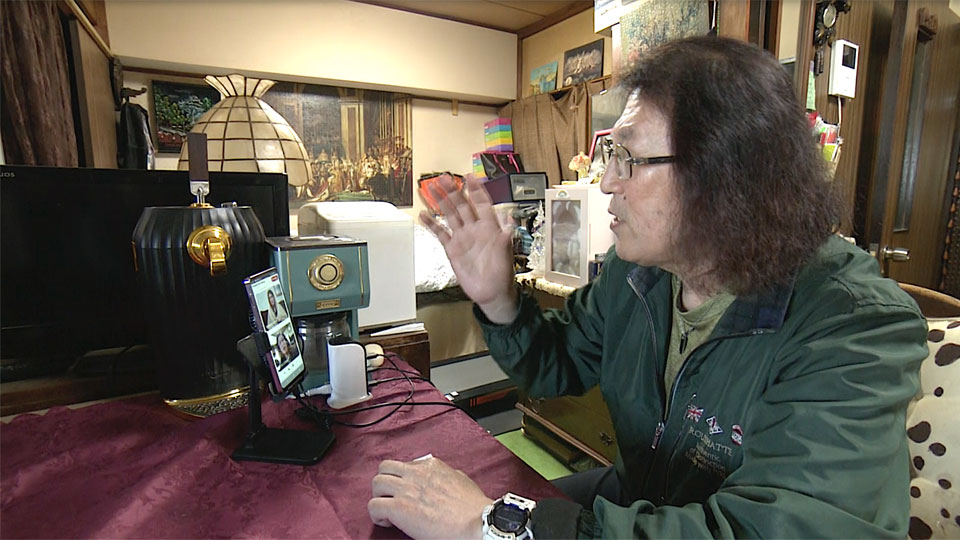
It aims to attract more young people from abroad to Japan, a big priority for the country as it faces a rapidly aging and shrinking population. Shoji specializes in business etiquette. "You hand out your name card in this position and receive it with both hands," he explains to a student from Pakistan, who hopes to move to Japan to work.
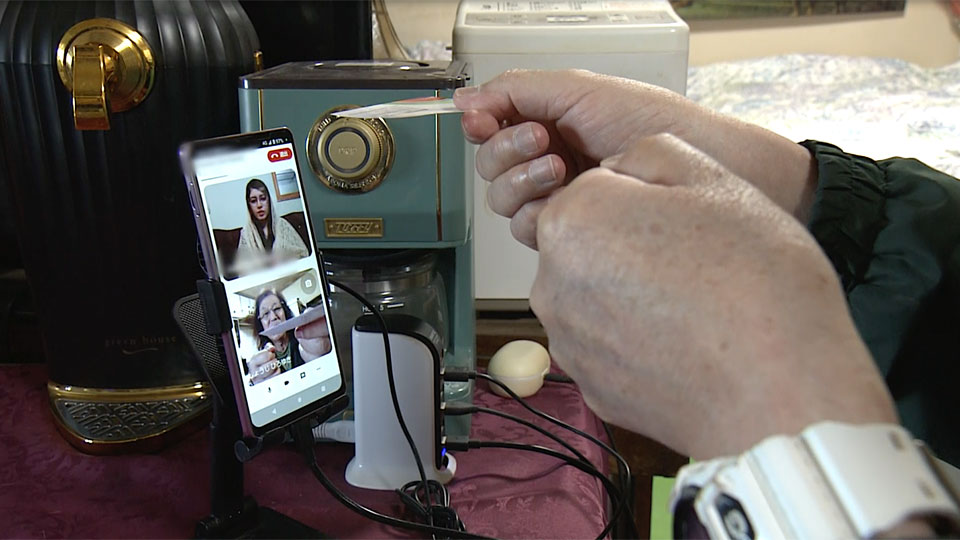
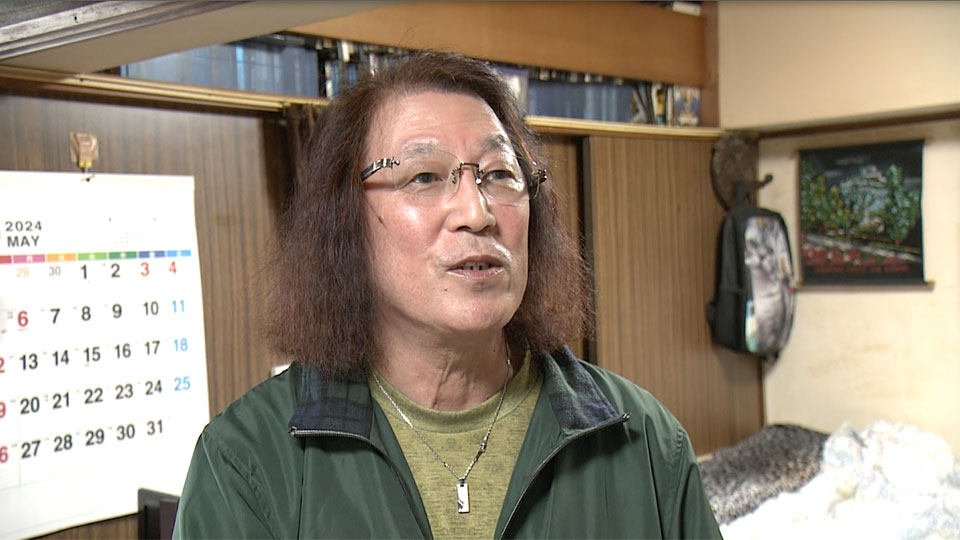
To use the service, students pay between about 5 and 20 dollars per month. The rate varies according to the GDP of their country. The company behind "Sail," Helte, says more than 47,000 students and teachers have used it since it launched in 2018.
"For international people, they can learn Japanese and business manners both at the same time," says the CEO, Goto Manabu. "On the other hand, Japanese elderly people can pass down their knowledge to younger generations and have fun. We build this win-win situation for both."

Data of Japanese language learners
The Japan Foundation, an institution under the jurisdiction of the foreign ministry, surveyed institutions offering Japanese language study. It found that more than 3.7 million people were studying Japanese overseas as of 2021.
Many are believed to be choosing online platforms for their learning, especially in areas such as Central America and Southeast Asia, where more than 80 percent of Japanese language institutions are offering some kind of online platform. The survey also shows that about 35 percent of those studying the language were doing so because they want to work in Japan in the future.
Bond beyond the screens
Among the users of Sail is Komal Sood from India. Sood chatted with Shoji online more than 100 times and, by using his advice, she passed a job interview and moved to Japan in March. She now works in recruiting for a hotel in Tokyo. At her office, she bows politely to the guests and speaks in keigo, the most polite form in Japanese.
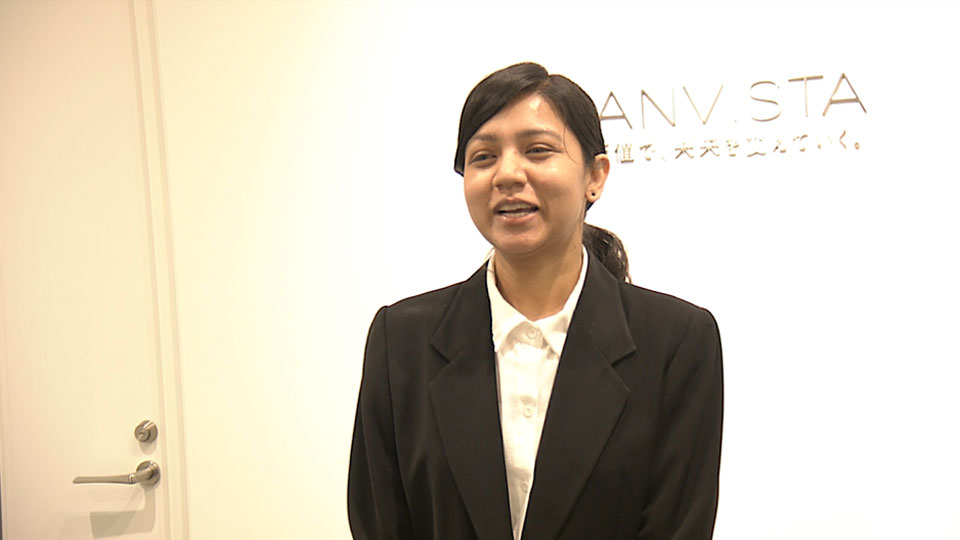
Sood says Shoji's lessons are paying off. "He told me how to greet people, how to welcome them. It's all thanks to him, I can say that."
In May, Sood visited Shoji at his home in Fujisawa, Kanagawa Prefecture. It was Shoji's first in-person meeting with her. "I am speechless, so happy!"
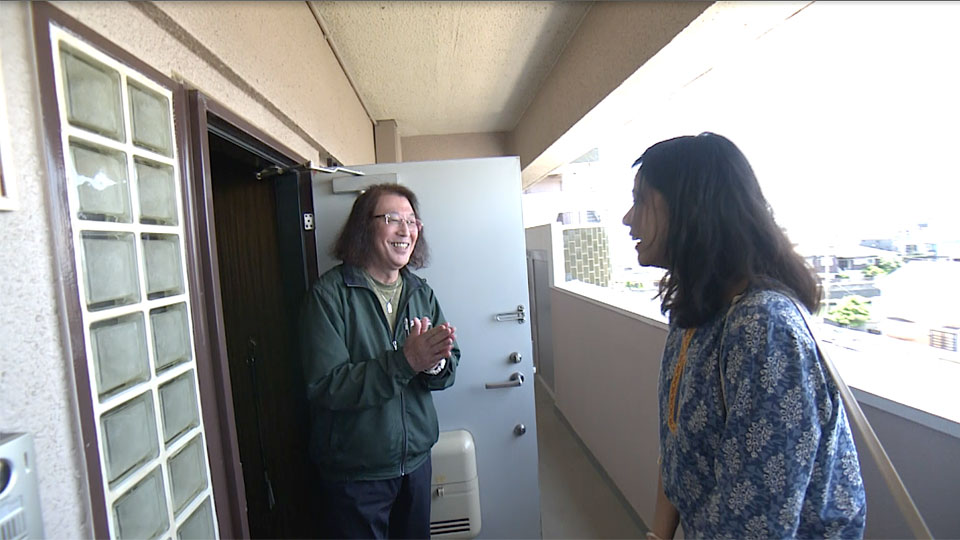
Shoji had prepared a gift he hoped would help Sood adjust to life in Japan. It was an inkan ― a personalized seal commonly used in Japan as a substitute for a signature. He thought she might need one to open a bank account.
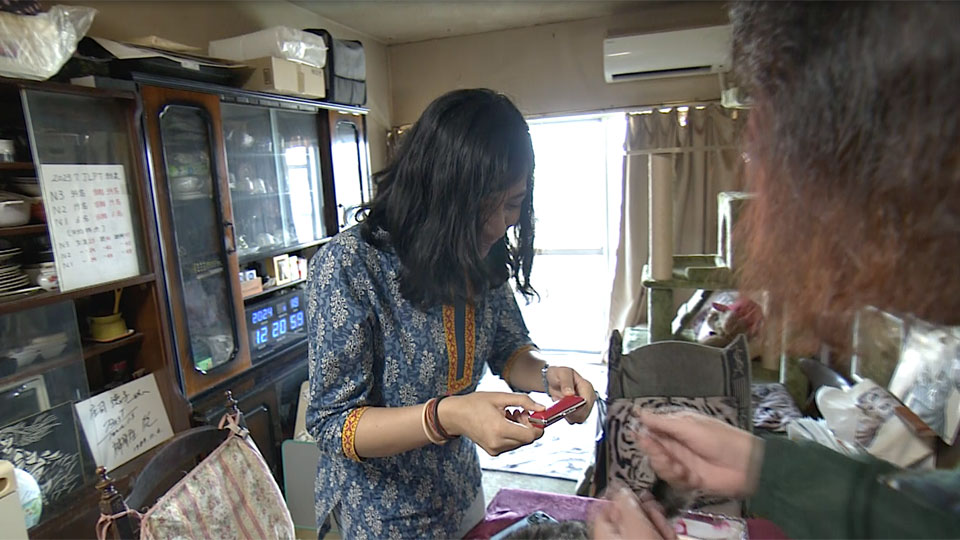
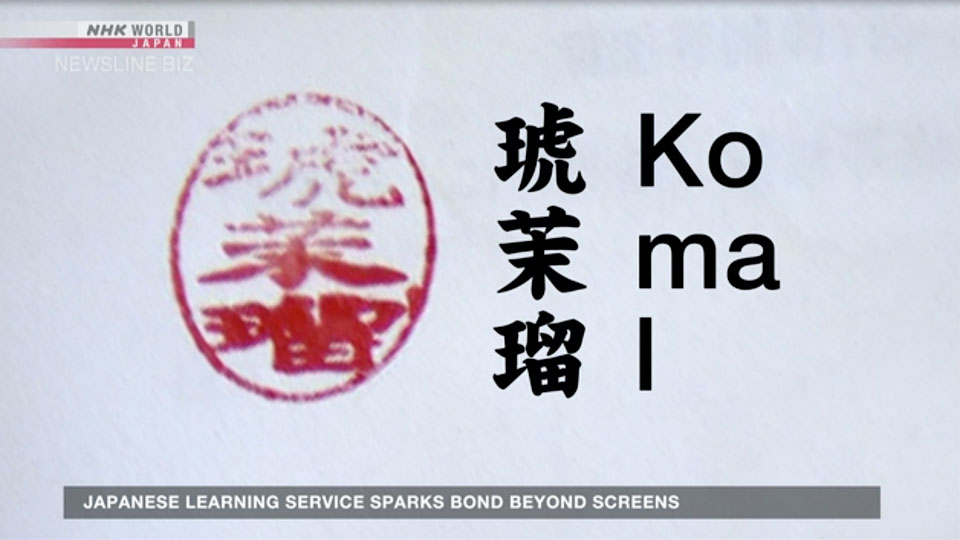
Shoji says he will keep supporting his friend as she gets established in Japan. Sood says the age difference between the two has not acted as a barrier. "He is almost my grandfather's age, but the bond we share is more like friends," she says. Language helped them connect, and now their friendship keeps them together.


